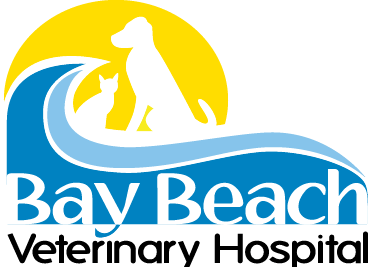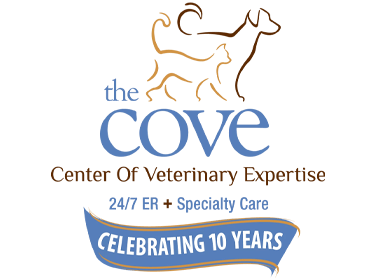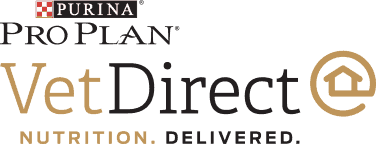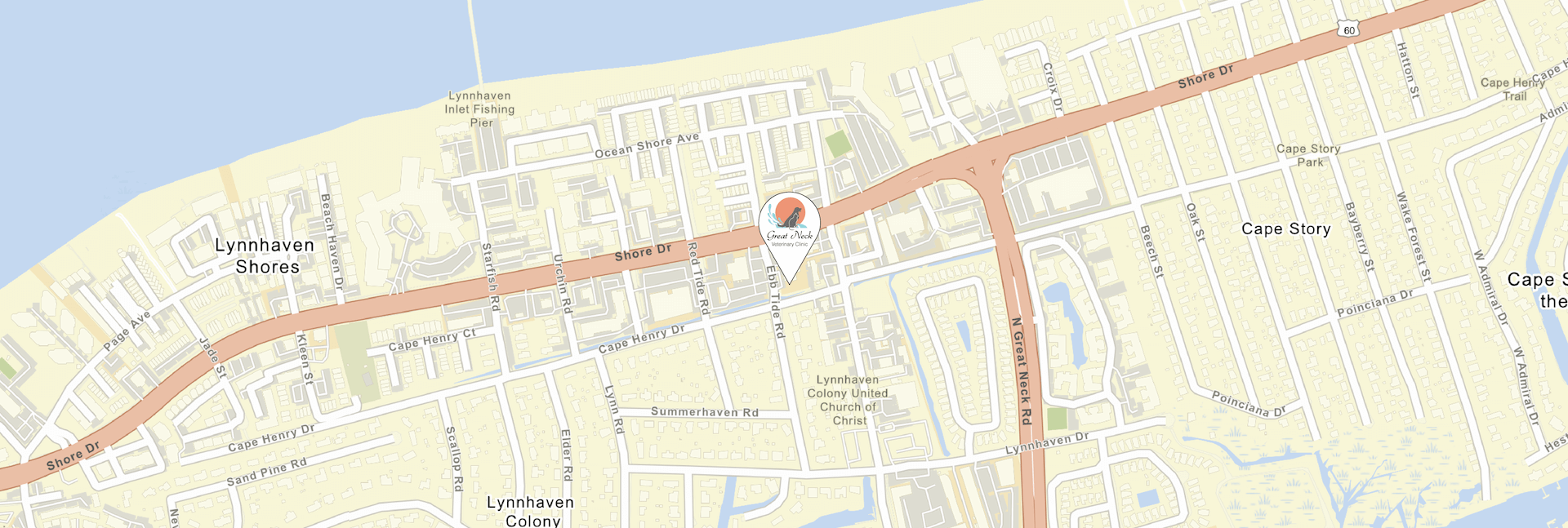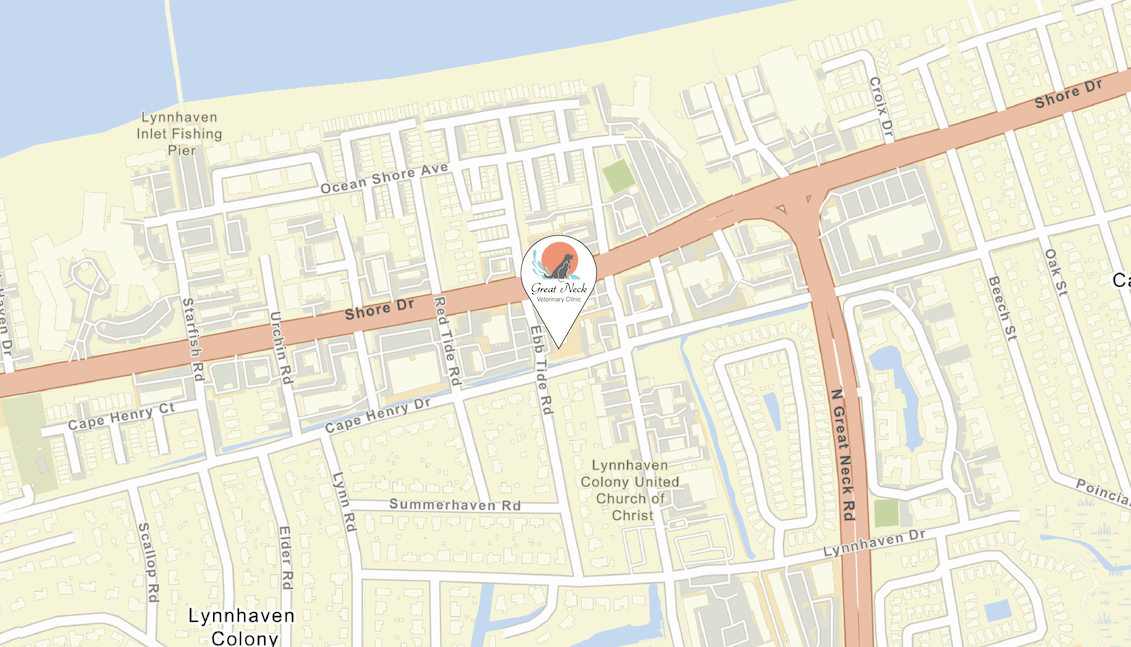Pet Dentistry

Routine dental care is one of the best things you can do as a pet owner for the longevity of your pet. Dental care is just as important to your pet’s health as it is to your health! Plaque, tartar, gingivitis, and tooth decay cause a wide range of health problems.
Periodontitis is a condition that may be controlled but not totally cured. It is often seen in pets that are more than five years old and is classified under two categories, gingivitis and periodontitis.
Gingivitis is the more mild form of periodontal disease. Gingivitis is an inflammation of the gum tissue resulting in redness, swelling, and discomfort. Untreated gingivitis can lead to periodontitis or severe inflammation around the tooth root, which in turn can lead to tooth loss.
The first sign that your pet needs immediate dental care is usually bad breath. While this may not seem as if it would be a critical concern, it is an indication that bacteria are spreading inside your pet—and that bacteria can cause heart, liver, and kidney disease.
Other signs to look for are:
- Yellow, brown, or discolored teeth
- Loose teeth
- Red, inflamed gums
- Swollen mouth, jaws, or gums
- Doesn’t play with chew toys as often
- Pain when eating
Frequently Asked Questions
What about the risks of anesthesia?
We perform pre-surgical blood work for each of our patients before placing them under anesthesia. Our technical team monitors each patient throughout the dental procedure to ensure the patient is responding appropriately to the anesthesia. We use very safe anesthetics and monitor your pet for any adverse reactions as they recover.
Please remember:
The adverse effects of bad teeth on the overall health of the pet greatly outweigh the anesthetic risk.
Does my pet have to stay overnight after the dental procedure?
How long can my pet go between dental cleanings?
Remember, just like humans, good oral hygiene at home increases the time between professional cleanings.
